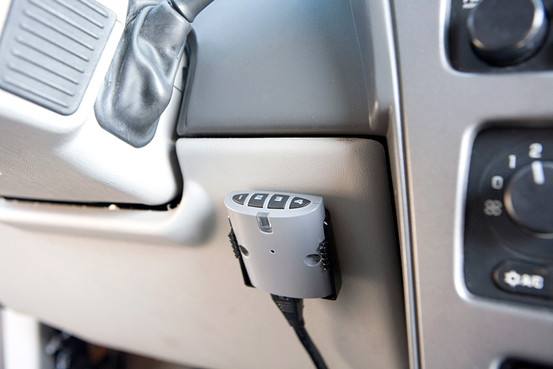
New York, NY – 9 October 2018 – On October 2, 2018, New York Governor Andrew Cuomo signed into law legislation limiting the use of remote disabling devices by automobile lenders. New York Senate Bill 2484 (“SB 2484”), which took immediate effect, imposes new disclosure requirements on auto lenders before they can use the devices colloquially known as “kill switches” to repossess vehicles from defaulted borrowers.
In recent years, as auto lenders have endeavored to find more efficient ways of protecting their collateral, that is, the car securing the loan, some have begun looking to electronic methods to expedite the repossession process. Lenders have increasingly relied on GPS devices to track the vehicles of defaulted borrowers and on kill switches to remotely disable these cars in lieu of, or in anticipation of, repossession.
These methods have stirred controversy, as New York legislators point to the safety implications of lenders disabling cars while they are in motion or when they are needed in a medical emergency, for instance. Consumer groups also criticize GPS tracking and remote disabling as invasive. But auto lenders argue that these safeguards expand access to credit for consumers who may otherwise be regarded as unacceptable credit risks. In any event, these practices have proliferated and regulators have started to take note.
At the federal level, the Federal Trade Commission has been at the forefront of government efforts to grapple with the increasing use of kill switches, having recently issued civil investigative demands to some lenders employing such devices. With the passage of SB 2484, the state of New York has stepped into the fray. SB 2484 makes only two small, targeted changes to the New York statutes, but they may have significant consequences for auto finance industry practices.
First, the bill amends Article 9 of New York’s Uniform Commercial Code to add and define the term “payment assurance device.” A payment assurance device is defined broadly as “any device installed in a vehicle that can be used to remotely disable the vehicle.” As worded, this term could encompass any of the kill switches in operation today.
Second, the legislation amends the debt collection practice restrictions codified in New York’s General Business Law. SB 2484 prohibits a principal creditor or his agent from remotely disabling a vehicle—using a “payment assurance device . . . or by any other means”—without first providing certain disclosures to the debtor. There are two separate disclosure obligations:
- The lender must send the debtor a notice by registered or certified mail at least 10 days before “the date on which the principal creditor or his agent obtains the right to remotely disable the vehicle.” Presumably, the date on which the creditor or his agent “obtains the right” to disable the vehicle is specified in the loan or security agreement.
- The bill also indirectly requires that the initial contract for services discloses to the debtor the possibility that the vehicle may at some point be remotely disabled. The initial disclosure must specify the method and timetable for remote disabling. Accordingly, the initial contract between the borrower and the lender apparently must specifically indicate that remote disabling may be employed if the debtor falls behind in their payments and must provide details on the method and timing of the remote disabling. It is possible that state regulators will issue rules or guidance elucidating this requirement.
New York’s existing debt collection statute defines a “principal creditor” to include both a creditor and its assignee. And because the notice requirement applies also to agents thereof, it may be difficult to mitigate risk associated with the new requirement with creative business arrangements. As it stands, auto lenders—and their servicers, debt collectors and assignees—who use kill switches in their transactions with New Yorkers should consider evaluating their policies, practices and documents.
New York is not the only state that is taking a closer look at kill switches. Last year, both Nevada and New Jersey enacted similar legislation. Other states have been focusing more on the use of GPS devices as repossession tools, but kill switches may not be far behind.
At present, it remains to be seen if many other states or the federal government will follow New York’s example in regulating auto lending practices involving kill switches. Also uncertain is how SB 2484 and any similar future measures will affect the subprime auto lending market and consumer access to credit in New York. But as GPS and related technologies continue to evolve, we can expect these issues to play a growing role in future policy debates.
*This update was co-authored by Daniel Pearson. An associate in Mayer Brown’s Washington DC office, Daniel is not admitted in the District of Columbia and is practicing under the supervision of firm principals.
Source: lexology.com










